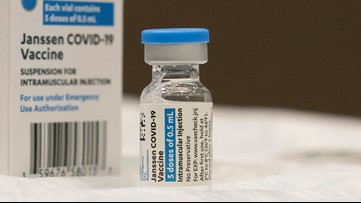

a long-term heart condition, such as congenital heart disease, chronic heart failure or atrial fibrillation.You may be at increased risk from COVID-19 if you have a health condition, such as: People at increased risk from COVID-19 aged 16 years old and over You should be told if you or your child are at increased risk from COVID-19. There are other health conditions and treatments that may mean you or your child are at increased risk from COVID-19. living in a long-stay nursing and residential care home as a younger adult.a serious genetic condition that affects multiple systems in the body, such as mitochondrial disease.problems with the spleen, having no spleen or having a condition that can affect the spleen (such as sickle cell disease).a weakened immune system, due to a medical treatment (such as steroid medicine, biological therapy, chemotherapy or radiotherapy), a condition (such as leukaemia), a genetic condition or from having an organ or bone marrow transplant.diabetes or another hormone disorder, such as Addison's disease.severe or multiple learning disabilities (or being on the learning disability register), such as Down's syndrome.a long-term problem with the brain or nerves, such as epilepsy, cerebral palsy, multiple sclerosis, an inherited condition, or autism.

a long-term condition of the kidney, liver or digestive system.a long-term heart condition, such as congenital heart disease or chronic heart failure.a long-term lung condition, such as chronic obstructive pulmonary disease (COPD), asthma (if you need steroid tablets) or cystic fibrosis.You may be at increased risk from COVID-19 if you or your child have a health condition, such as:


 0 kommentar(er)
0 kommentar(er)
